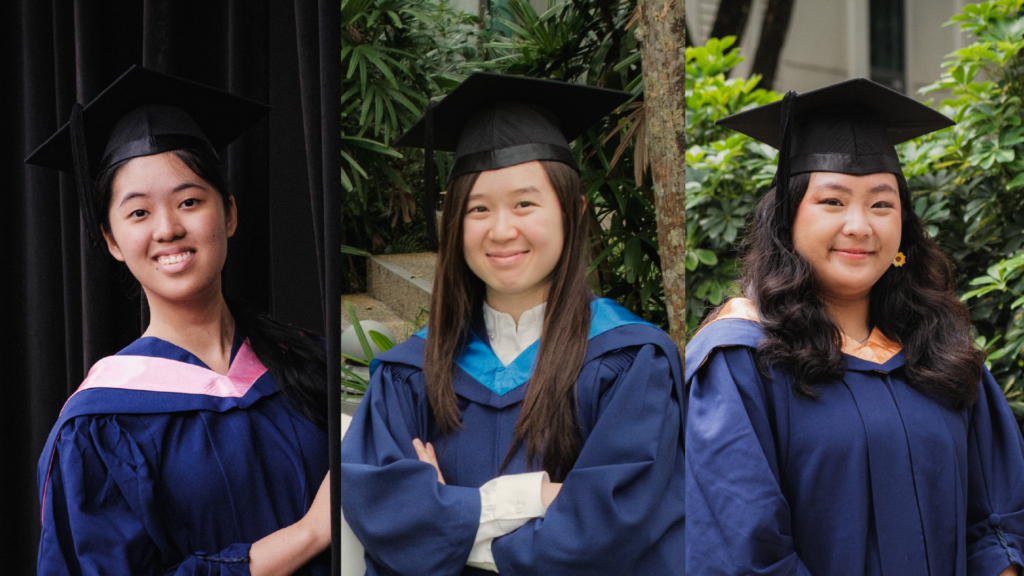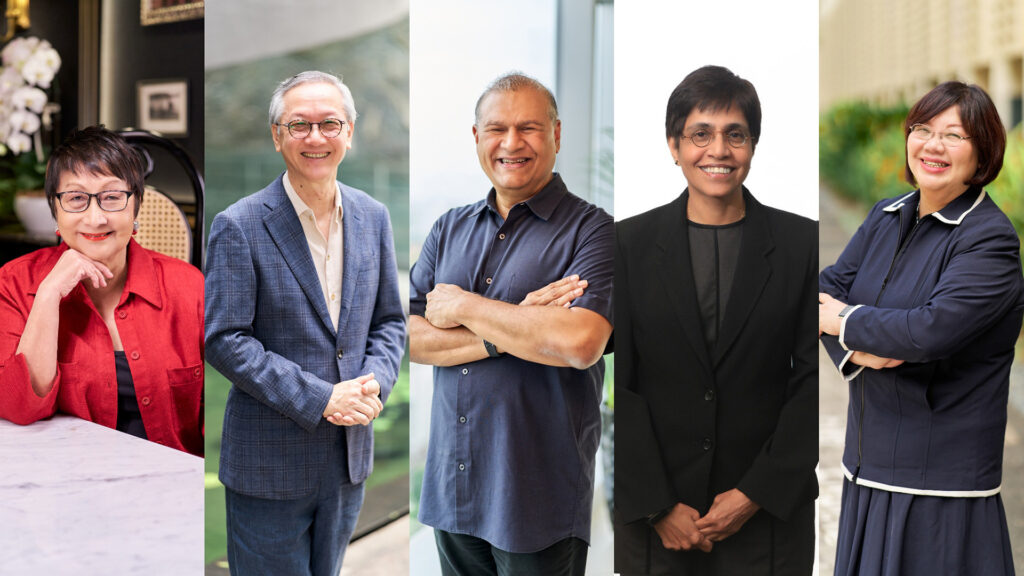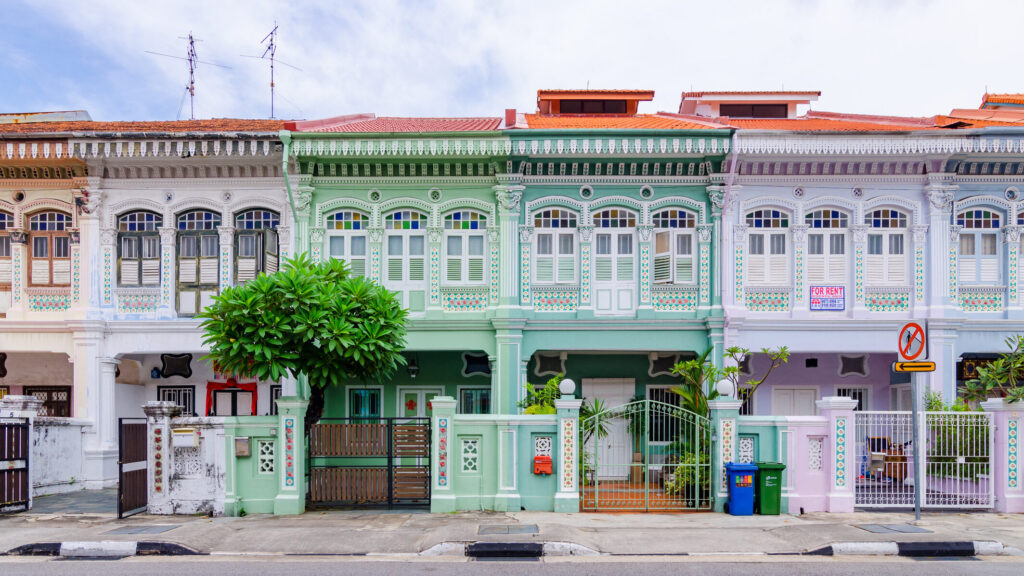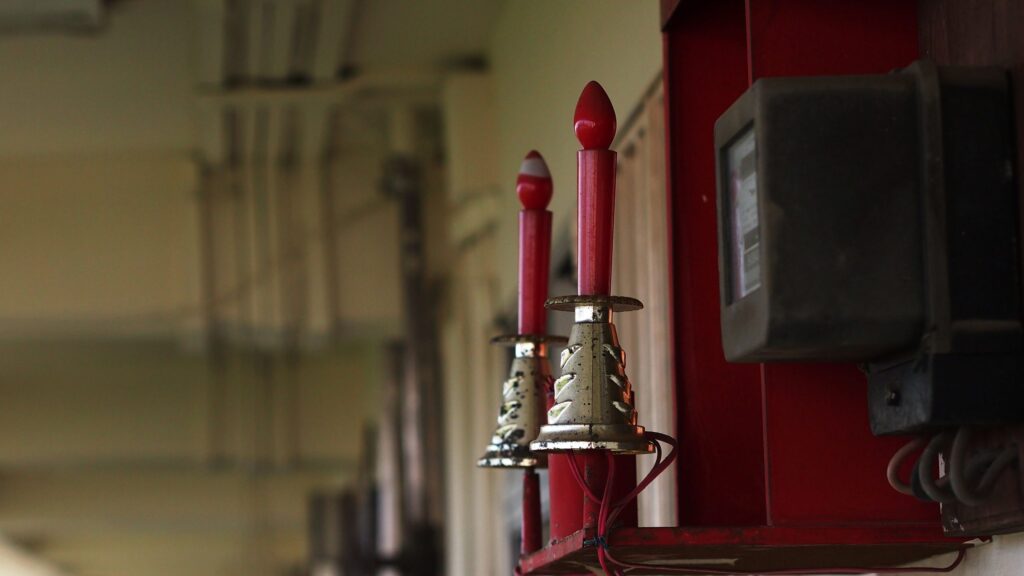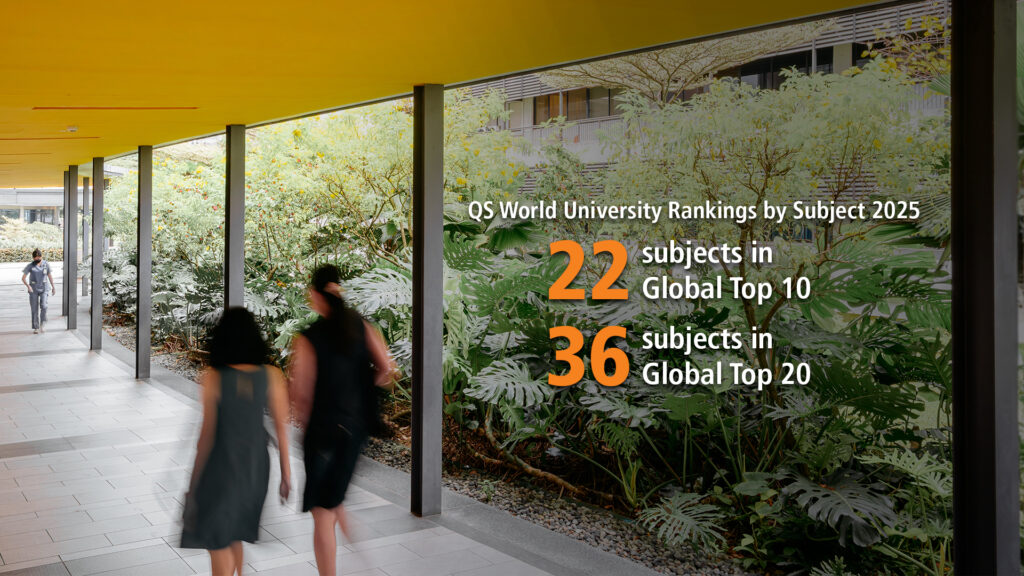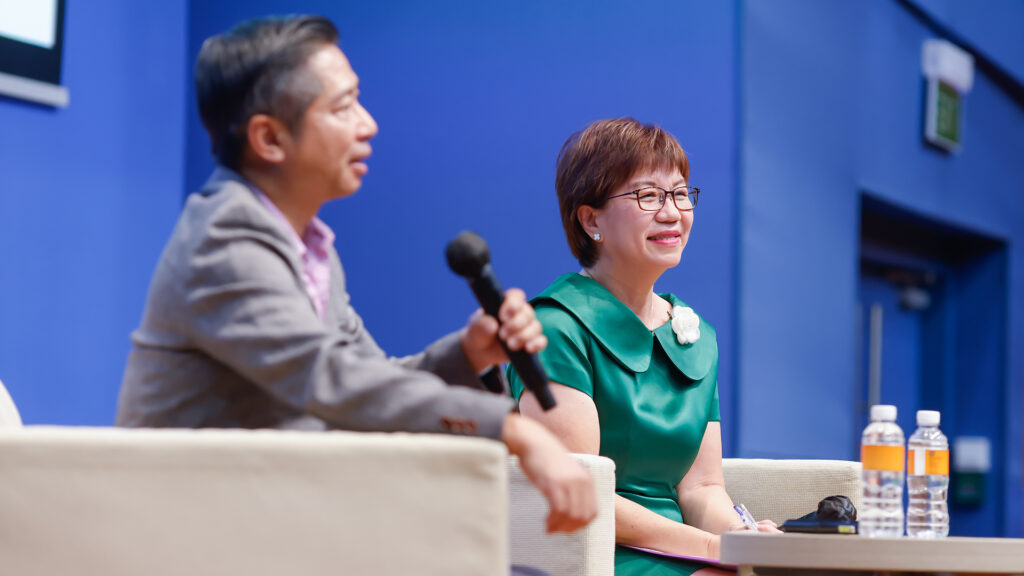News
The art of academics: NUS graduates on pursuing their artistic passions
In marking 120 years of excellence, innovation and service, the University also celebrates the achievements of 17,646 graduates from the NUS Class of 2025.
Read MoreFive Arts and Social Sciences alumni honoured for their service and contributions to society
Five stellar alumni from the NUS Faculty of Arts and Social Sciences (FASS) were lauded with the FASS Distinguished Arts and Social Sciences Alumni Awards (DASSAA) on 10 July 2025 for their outstanding service and contributions to society.
Read MoreThe early Baba Malay continuum
In 19th century Singapore, a unique creole emerged among the Straits-born Peranakan community. Descendants of early Chinese traders who married local Malay women were referred to as Peranakans, with males known as Babas and females Nyonyas. The Peranakans settled largely in coastal Malacca and Singapore, developing a hybrid culture which they expressed through Baba Malay, a now endangered creole consisting of a Malay-based vocabulary and Hokkien sentence structures. In the article “The Early Baba Malay Continuum” (Journal of Pidgin and Creole Languages, 2023), Associate Professor Nala H. Lee (NUS English, Linguistics and Theatre Studies) challenges the notion of Baba Malay as a static language defined by a fixed set of linguistic features. She illustrates the range of variation present in Baba Malay through an exploration of works from the late 1800s and early 1900s, which reveals the existence of a Baba Malay creole continuum during this period. The creole continuum is conventionally perceived as a range of different registers of a language which lay between two extremes — the basilectal (the most prestigious variety on the continuum) and acrolectal (the least prestigious variety on the continuum) poles. This understanding of a continuum can be problematic due to its inherent basilect-acrolect …
The early Baba Malay continuum Read More »
Read MoreAlamak… Don’t get it? Good communication is more than grammar
By Professor Lionel Wee, Dean, and Adj Prof Low Ee Ling, Dept of English, Linguistics and Theatre Studies, both from NUS FASS, and Ms Nora Samosir, Lecturer, Acting and Musical Theatre at Lasalle College of the Arts, University of the Arts, Singapore.
Read MoreGods Have Eyes: Praying Online in Singapore
The Daoist Lorong Koo Chye Sheng Hong Temple (新加坡韮菜 芭城隍庙) started their ‘Praying Online’ initiative on 7 April 2020, to adapt to the newly-implemented safe-distancing measures that were introduced to mitigate the spread of COVID-19 in Singapore. The pandemic marked a paradigm shift for religious groups and places of worship in Singapore, having to quickly adopt new technologies to shift religious events online. Assistant Professor Alvin Eng Hui Lim (NUS English, Linguistics & Theatre Studies) explores how religious groups have constructed their online multimedia efforts, through primarily visual channels like live-streaming and broadcasting in his chapter, ‘Gods Have Eyes: Praying Online in Singapore’, in CoronAsur: Asian Religions in the Covidian Age (University of Hawaii Press, 2023). He finds that while the religious events were subject to minimal production and postproduction, with little camera movement and cuts, they maintained their focus on spirituality through persuasive techniques and encouraging online prayer. Asst. Prof. Lim discusses the Christian churches’ use of PowerPoint slides over the years and how they transitioned online through the use of such presentation tools. He also evaluates the different practices elicited by the different groups online, such as the live-streamed videos of the deity, via the effigy, broadcast by …
Gods Have Eyes: Praying Online in Singapore Read More »
Read More22 NUS programmes in global top 10 in QS World University Rankings by Subject 2025
History of Art, Geography, Linguistics and Politics & International Studies at NUS ranked in the Global Top 10 of the latest Quacquarelli Symonds World University Rankings (QS WUR) by Subject 2025 released on 12 March 2025.
Read MoreRecent linguistics alumnus receive LSA student abstract award
Recent alumnus Kunmei Han (PhD in linguistics 2024, now lecturer at Shenzhen University) won the second prize of the Student Abstract Award at the 2025 Annual Meeting of the Linguistics Society of America. This title of her abstract is “LIWC Approach Towards Healthy Aging Languages”. More information: https://www.lsadc.org/student_abstract_award
Read MoreExploring the Early Printing Press: EN5241 Students Take Rare Books Tour of the National Library of Singapore (NLS)
By Timothy Wan (Literature MA-by-research student) As research students in EN5241: Literature and New Worlds, 1590-1700, we studied British and Anglophone texts from the early modern period. This was a period when a variety of technological advancements made the world increasingly, and rather suddenly, interconnected, while also opening new scientific ‘worlds’ via optical instruments (from the microscopic to the cosmic). “Encounter” is a major concern in literature of the period, especially in travel writing, a massively popular genre, and the many fictional voyages based on that body of work. Across our term, we asked questions such as: Why were people interested in writing about new or distant locales? How and why did these writers represent other peoples, cultures, and countries, particularly before England’s colonial expansion? How do they describe novelty or difference? And how do their textual networks anticipate today’s globalized world?
Read MoreMoving beyond career success to serve with purpose, integrity and compassion
“As you step into the world, may you step out to lead with purpose, with integrity, with compassion, not just for your career but for the greater good.” This was the clarion call sounded by Ms Denise Phua, Member of Parliament for Jalan Besar GRC and Mayor for Central Singapore District, to a 100-strong audience at a recent talk where she shared insights on career transitions and effective leadership.
Read More

